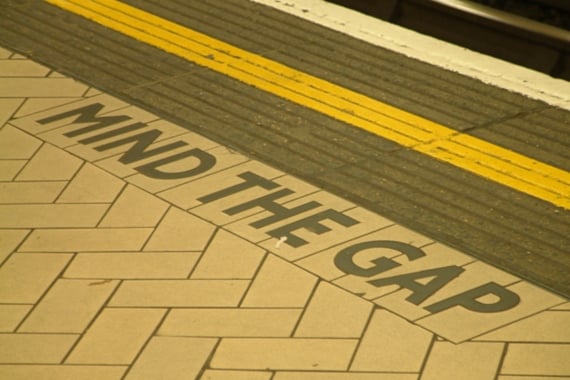A leading Senate Democrat wants to close the gap between taxation of investments and ordinary income, saying that both current law and fiscal-cliff proposals leave a chasm.
In an appearance at the National Press Club in Washington on Wednesday, Sen. Kent Conrad, D-N.D., chairman of the Senate Budget Committee, said that the current 15% rate for capital gains and dividends is too low when compared with the 35% top rate.
But in offering his perspective, Mr. Conrad was quick to point out that he was no sure how many of his colleagues shared his view.
In their negotiations to avert automatic tax increases and spending cuts by the end of the year, President Barack Obama and House Speaker John Boehner reportedly have discussed a 20% investment tax rate. If the top individual rate snaps back to 39.6%, it would still leave too wide a gap, according to Mr. Conrad.
“I just don't think it's possible to justify a 20-point differential,” said Mr. Conrad, who is retiring at the end of the current lame-duck session of Congress.
Echoing the argument that many in his party make, the lower tax rate on unearned income eases the tax burden of the wealthy compared with other Americans.
“Why is it that we are penalizing work? What sense does that make?” said Mr. Conrad, who favors a 28% capital gains rate and a 37.5% top individual rate.
As the White House and Capitol Hill Republicans wrangle over the fiscal cliff, all tax policies are up in the air. Mr. Conrad is not certain how many of Democratic colleagues support his position on investment taxes.
“I speak for myself,” Mr. Conrad said. “I've learned from painful experience. I don't predict what others will do.”
Two competing bills to address the fiscal cliff have set a lower capital gains rate than Mr. Conrad supports. The
Senate approved a measure over the summer that would extend Bush administration tax cuts for households making less than $250,000 annually. It sets both the capital gains and dividend rate at 20% for incomes above that level.
A
bill sponsored by Mr. Boehner, which could come to a vote in the House as early as Thursday, sets the capital gains and dividend rates at 15% for everyone earning less than $1 million annually. The rate increases both to 20% for those making more than $1 million.Mr. Boehner offered the bill in response to what he said was an inadequate package proposed by Mr. Obama earlier this week that would allow the Bush tax cuts to expire for those earning more than $400,000 while raising $1.2 trillion in other taxes and cutting about $1.2 trillion in spending over 10 years. Mr. Boehner asserts that Mr. Obama's offer actually includes $1.3 trillion in tax increases and only $850 billion in spending reductions.
The White House said on Wednesday that Mr. Obama would veto Mr. Boehner's bill.
While the White House and Congress work to beat the Dec. 31 fiscal-cliff deadline, the American Society of Pension Professionals and Actuaries warned on Wednesday that the 28% cap on itemized deductions in Mr. Obama's fiscal-cliff proposal would effectively “put a surcharge” on deferrals to 401(k) retirement plans in businesses where the proprietor pays a marginal tax rate greater than 28%.
“Penalizing small business owners for sponsoring a retirement plan that benefits small business workers would be an unfortunate outcome of these fiscal cliff negotiations,” ASPPA chief executive Brian Graff said in a statement. “A double tax penalty will only discourage small business owners from setting up and maintaining 401(k) plans.”







